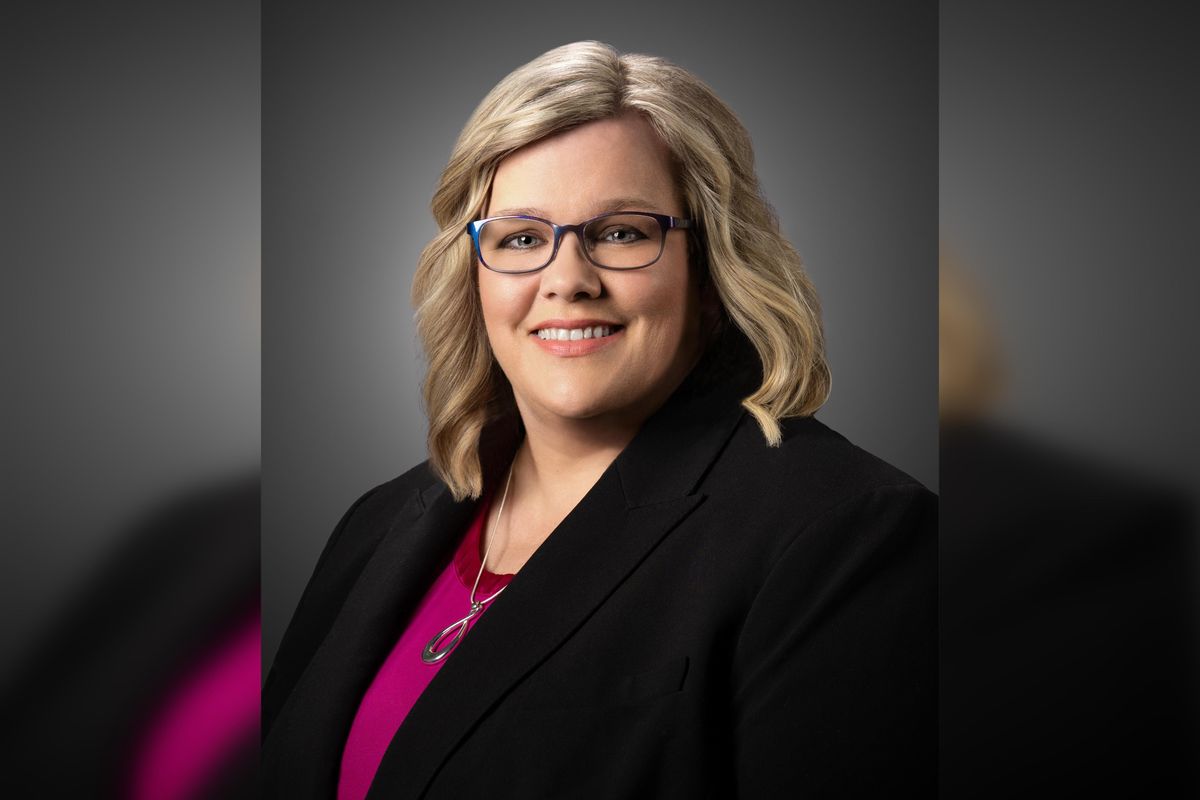This Houston-born sports tech is changing the game when it comes to fan-accessible data
by the numbers
Using technology to solve big problems has always been Kelly Pracht's career, but she never thought she'd be able use her skills for the sports world she's a lifelong fan of.
After spending nearly 20 years at HP Inc. in various leadership roles and across technology, Pract was watching a baseball game when something clicked for her. Baseball — and its endless data points and metrics — wasn't serving up analytics that the fans cared about. Teams and leagues had their own metic priorities, but fans just want to engage with the game, their team, and the players.
"I saw a gap in how we handle the data coming from the field and how that can impact the fan — and nobody was getting it right," Pracht, co-founder and CEO of nVenue, tells InnovationMap. "I saw technologists coming up with the most nonsensical solutions. For fans like me, coming from my crazy sports family from West Texas where my dad was a coach, I knew that these solutions were a huge miss."
She gives the example of a wearable technology for the viewer at home that can feel what it feels like for the players on the field who get hit. Pracht says it seems like companies were trying to fit technology into the sport, rather than thinking of what the fans really wanted.
She had the idea for a data-driven fan tool in 2017 and nVenue was born. She started building out the code and the team started testing it out at Astros games at Minute Maid.
"What great years to develop this platform. It was fun — these were not boring baseball games," Pracht says. The Astros have won their division four out of the past five years, including winning the World Series in 2017.

At first, nVenue was using historical data, and that in itself was impressive. But then, Pracht and her team decided to take it live. After building its proprietary analytics platform, nVenue could use data to make predictions in real time.
"We spent over a year — all of 2019 — mastering timing and putting it into a platform," Pracht says, explaining how they built out the artificial intelligence and designed an app for fans to interface with. "We wanted to be able to predict and play. We had over 180 people during the 2019 World Series and playoffs."
The app and algorithm were good — and nVenue expanded into football. Then, the pandemic hit and sports halted completely. Pracht says they pivoted to a B2B model but wasn't seeing any real opportunities for the platform — until the 2021 Comcast NBCUniversal SportsTech Accelerator.
"In kind of a last-ditch effort, we applied to the NBC Comcast accelerator somewhere around August or September of 2020," Pracht says, explaining that she wasn't seeing a sustainable business so it was get into the program or close up shop. "And we got in. They just resonated with everything we said — we found our people."
The accelerator gave nVenue the jumpstart it needed, and as sports returned, the company found its momentum again. Now, the company is headquartered in Dallas with 14 employees all over and three — including Pracht — in Houston. The company has raised its $3.5 million seed round co-led by KB Partners and Corazon Capital and plans to raise a Series A next year.
After a few broadcasts last season, opportunity came knocking by way of Apple TV and Houston-based TV Graphics. The companies collaborated on a deal and, two weeks before the 2022 season started, nVenue got the greenlight to have onscreen analytics on Apple TV broadcasts.
"In under two weeks we structured the deal, convinced them it worked, pulled together every bit of testing we could — by then we only had one week of pre-season games to test — and we pulled it off," Pracht says.
The technology has tons of potential when it comes to sports betting, which is a growing business across the country. Pracht says nVenue isn't looking to compete with the providers on the scene, but instead work with them as an analytics tool.
"We broke down the market down to microbets or in-the-moment bets that are going to happen annually by 2025 — it's 156 billion microbets a year, which turns out to be 3 billion a week," Pracht says.
She adds that new technologies in the streaming world – like no-delay, latency streaming — is only going to make the sports betting world more lucrative, and nVenue will be right there to ride that wave.




